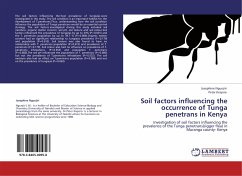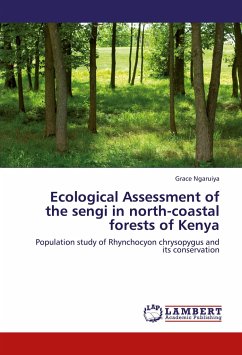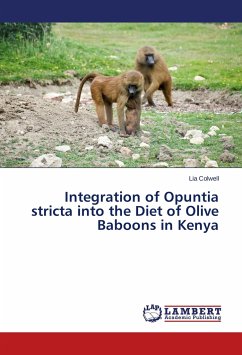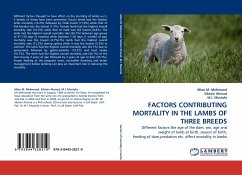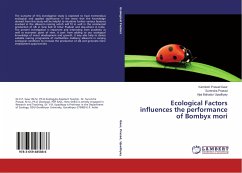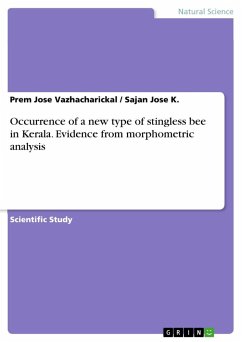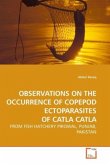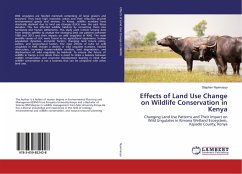The soil factors influencing the host prevalence of tungiasis were investigated in this study. The soil condition is an important habitat for the development of T.penetrans.Thus, understanding how the soil condition influence the population of Tunga penetrans would be an essential control strategy. The soil factors investigated during this study included soil moisture, organic matter content, soil pH, soil texture and soil colour.Soil factors influenced the prevalence of tungiasis by up to 33% (P=0.001) and the T. penetrans population by up to 39.7 % (P=0.000).Organic matter content had an significant relationship to tungiasis prevalence (P=0.179) and population (P=0.615). Soil texture was also found to have no relationship with T. penetrans population (P=0.615) and prevalence of T. penetrans (P=0.179). Soil colour also had no influence on prevalence of T. penetrans infestations. (P=0.553) and population T. penetrans (P=0.660).The soil pH influenced the population of T. penetrans(P=0.000) but not the prevalence of T.penetrans infestations (P=0.532). The soil moisture also had an effect on T.penetrans population (P=0.000) and not on the prevalence of tungiasis (P=0.063).

